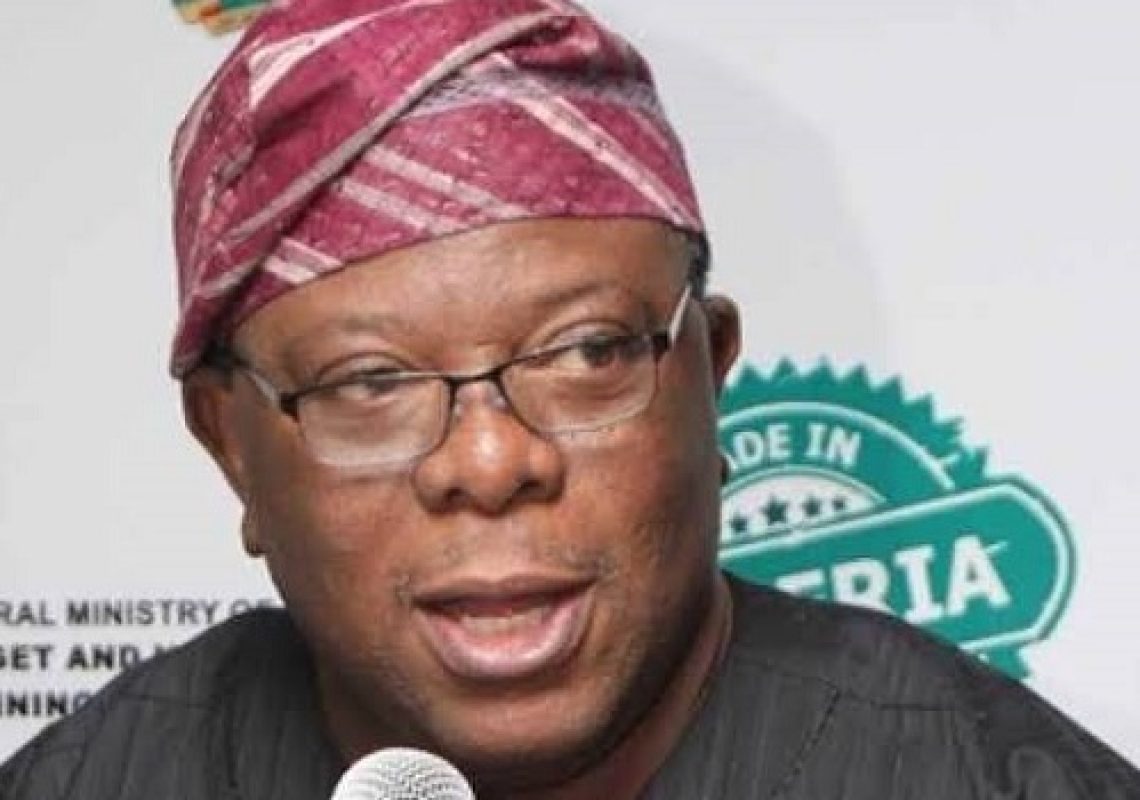The Nigeria Economic Summit Group (NESG) Chief Executive Officer (CEO) Mr Laoye Jaiyeola said that the Nigeria naira is no longer a store of value thus shouldn’t be a currency of savings.
He stated this in Abuja at the launch of the NESG 2022 Macroeconomic Outlook Report.
Jaiyeola said the moment any investor buys Nigeria’s Treasury Bills, for instance, inflation and other factors wipe away the expected profit or interest from the investment.
“Why should you tell anybody in Nigeria to store his money in naira when your interest rate on the naira in some places is even lower than the interest rate of some foreign currency?” he said.
According to him, “if you put your money in treasury bills now in a one-year treasury bill I’m not sure you are going to get up to 5 per cent per annum. Inflation is 15 per cent. Effectively from the day you save your money you have lost your money that explains why people will still go and buy money and keep it in dollars because naira is significantly becoming something that is not of store value.”
The NESG also explained that the challenge to the poor forex supply in Nigeria is mainly attributable to the lack of diversification of forex sources, with colossal dependence on crude oil export proceeds and, more recently, foreign borrowings.
He also blamed the frequent intervention of the CBN at the forex market, which exerts intense pressure on the country’s external reserves.
Addressing the issue of fuel subsidy, the NESG 2022 Macroeconomic report noted that fuel subsidy was “conceived initially as a short-term support tool, has endured over time, thereby becoming a threat to fiscal sustainability.”
The removal of subsidies on petrol the report said “will come at a cost. Tough reforms are costly and the cost of inactions is also enormous.”
However, the government was advised to “work to minimize this cost on citizens through direct and indirect interventions. Implementing subsidy reforms without complementing the policy with effective mitigation measures will only elevate economic hardships for Nigerians and could stoke social unrest as a result”.






